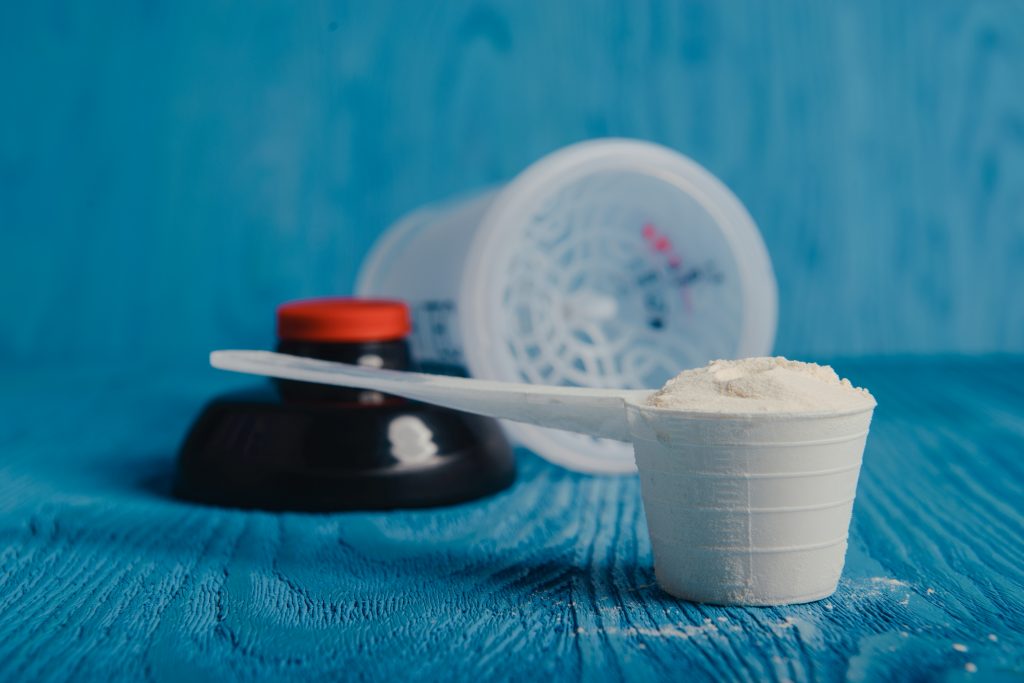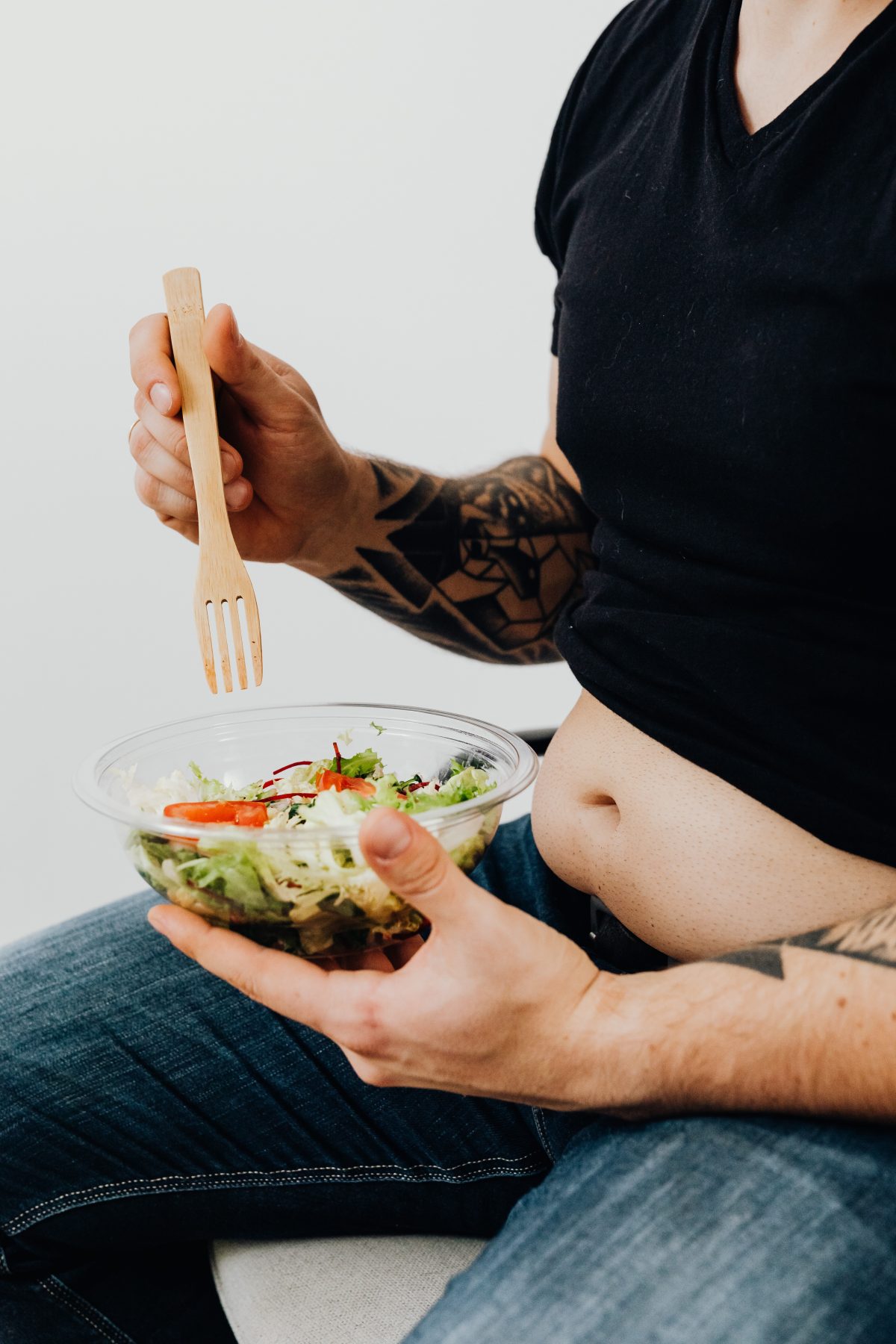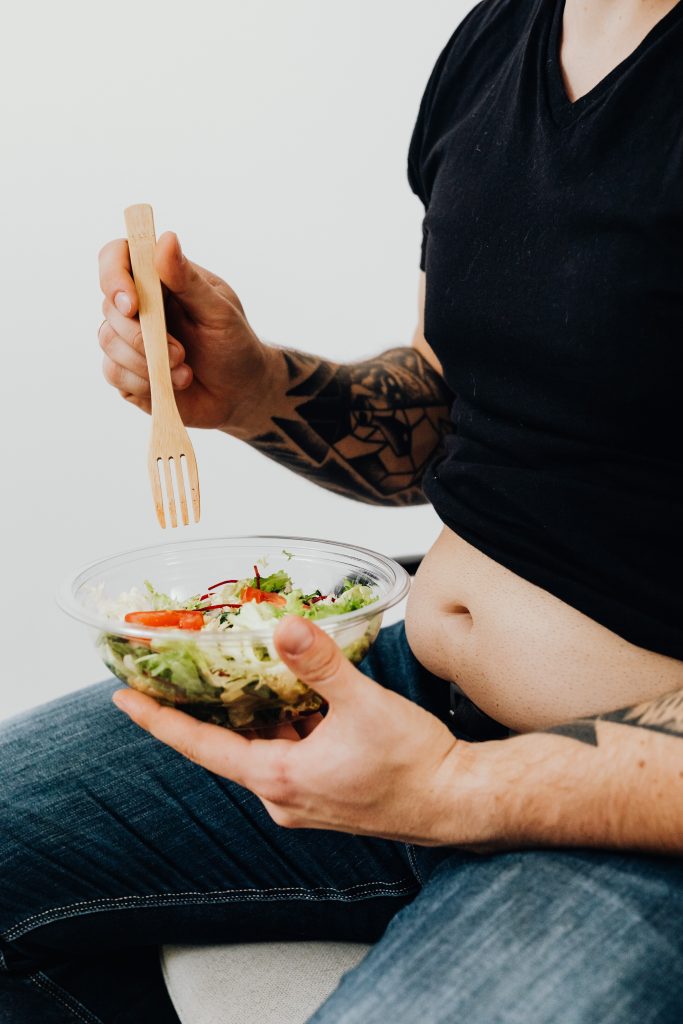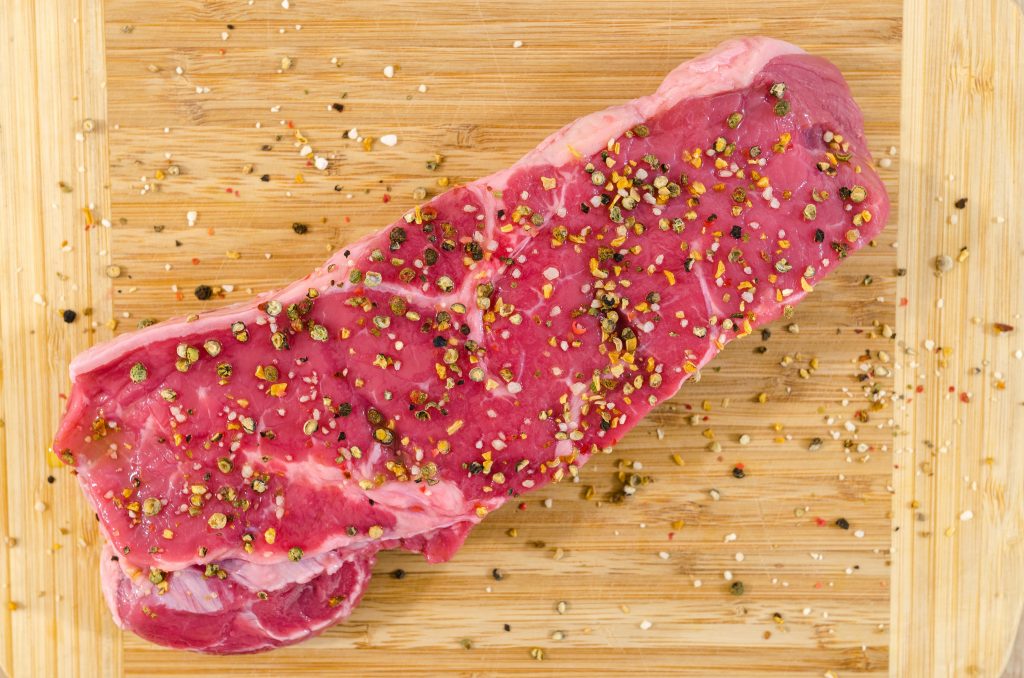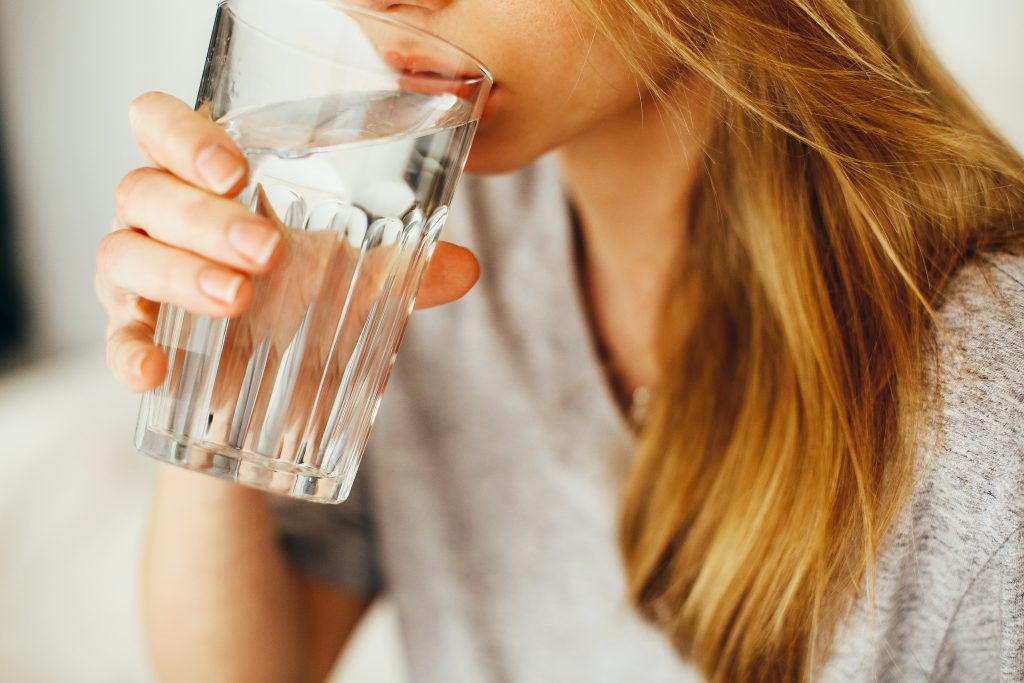
When it comes to weight loss, not all diets are created equal. Here are some of the pros and cons of the most common diet trends to help you decide if one is right for you.
If you have ever looked at all the diet trends and been confused, you aren’t alone. There are many different types of diets on the market and they all advertise maximum weight loss and health benefits. But with so many options how does someone know which ones truly work at minimizing fat and helping drop the pounds for lasting weight loss? Our SureFiz trainer and health coach helps to give a brief analysis of the pros and cons for some of the most popular diets currently trending to help you decide if any of them are a good fit for your weight loss goals.
The Keto Diet
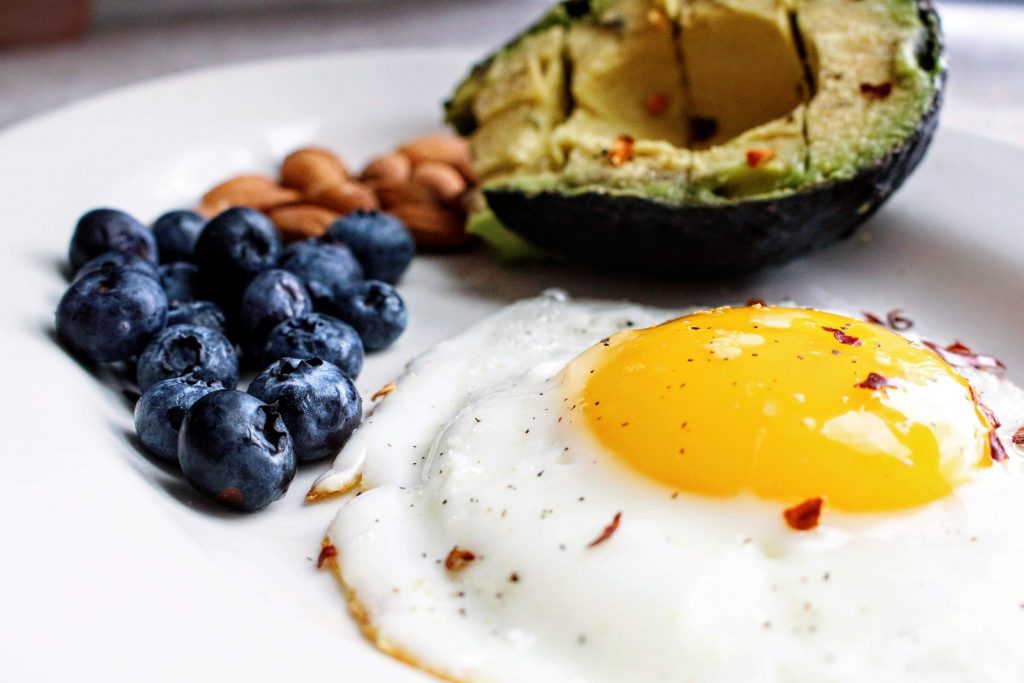
The ketogenic diet (or keto diet) has been trending for the past few years as a diet to promote weight loss. But it has been traced back to as early as 1921, and was used to treat epilepsy. The main concept behind the diet is to eat a daily diet consisting of mostly fats and very low carbs, which puts the body in a state of ketosis, where it burns fat as fuel instead of carbohydrates. Because almost all of the carbohydrates are removed from the daily diet, there are no longer any reserves available, which leads to burning more body fat for fuel. Some types of plans have users eating 70% or more of daily fats, with carbs as low as 5%. Most keto diet followers also maintain a low to moderate protein intake.
While the keto diet is not necessarily restrictive in food groups (for instance, dairy or meats or gluten), it can be a lot harder to follow than it seems. In order to stay in ketosis, the low carb balance must be maintained at all times, which doesn’t allow for any breaks, days off or cheat days to balance out a diet. Over time, the diet becomes extremely hard to maintain and many people cannot stay on it for extended periods of time. Some doctors also have concerns about long term effects of eating such large amounts of fats on other systems in the body, such as the heart, liver, pancreas, etc. For a more in depth look at the keto diet, click here.
Paleo Diet

The Paleo diet is another recent trending diet for weight loss, although it also didn’t originate as a weight loss diet alone. The purpose behind the Paleo diet is that current farming and manufacturing trends have created more processed foods than our bodies can handle and that by eating like our ancestors with whole foods and foods from the earth, we can greatly lower our disease risk and our bodies will be overall healthier. For most people who follow the Paleo diet, weight loss is a side effect of eating less sugar, less processed foods and focusing on more nutrient dense food groups to supply daily fuel for the body.
The Paleo diet can be restrictive, as it doesn’t allow many grains/gluten, no dairy and no added sugars (some natural options like dates can be an exception). The overall focus of the diet is a healthy one, with many people benefitting from eliminating fast food, processed junk food and sugars from their daily diet. This diet can become challenging over time as well, with major food groups being eliminated. The sustainability long term is questionable. If you need to go on vacation or out to dinner, your choices are slim as many restaurants use ingredients that are not considered ok by the Paleo diet standards. For a more in depth look at the Paleo diet, click here.
Whole 30 Diet
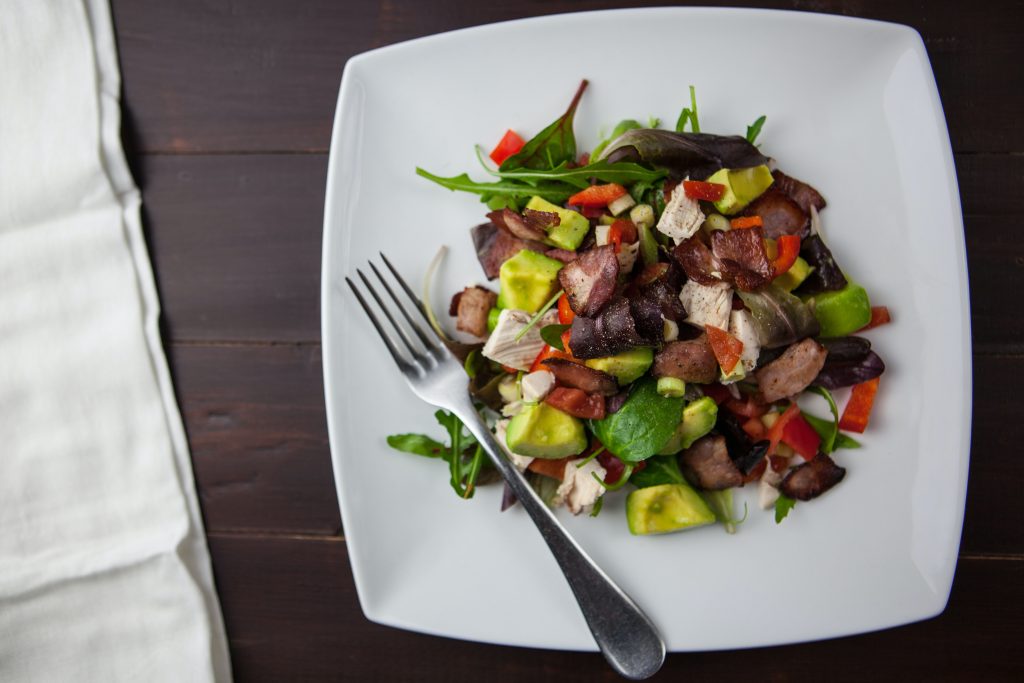
The Whole 30 diet is extremely similar in concept to the Paleo diet, with a few more restrictions. Like the other diets mentioned above, the Whole 30 diet was not originally intended as a weight loss diet but was created by Nutritionists Dallas and Melissa Hartwig as an elimination diet to help pinpoint food allergies or food intolerances. The Whole 30 eliminates many high allergen food groups, such as gluten, grains, dairy, beans and legumes, sugar and any processed foods. The main staple of the diet is Meat, eggs, fruit and vegetables, and users are intended to stay on the diet for 30 days, then slowly integrate food groups back in to see if there is a negative response in the body.
The Whole 30 is considered in some ways to be a more extreme version of the Paleo diet, as the Paleo diet will allow some sugars and more grains than the Whole 30. But the Whole 30 concept is also not intended to be utilized for more than 30 days, making it a bit more achievable as a short term weight loss diet plan. For maximum weight loss success on the Whole 30 diet, it is recommended that people transition from the Whole 30 to another healthy eating plan to reduce the chances of gaining all their weight back if they return to how they ate before they began the Whole 30 program.
Intermittent Fasting

There are many different ways to follow an intermittent fasting diet approach, but the basic concept focuses on eating within a certain window of time and “fasting” from food during the other hours of the day. One of the most popular ways to follow intermittent fasting is the 16:8 plan, where users will only eat in an 8-hour window of time, allowing the body to fast for 16 hours of the day. During the fasting hours you can drink water, coffee and tea but no caloric drinks or food. The benefits to intermittent fasting go beyond simple weight loss. According to Healthline, “All sorts of processes in the body change when we don’t eat for a while, in order to allow our bodies to thrive during a period of famine. It has to do with hormones, genes and important cellular repair processes. When fasted, we get significant reductions in blood sugar and insulin levels, as well as a drastic increase in human growth hormone. Many people do intermittent fasting in order to lose weight, as it is a very simple and effective way to restrict calories and burn fat. Others do it for the metabolic health benefits, as it can improve various different risk factors and health markers”.
Intermittent fasting does not necessarily restrict any food groups, but simply requires eating within a window of time and abstaining from foods in another window. Some users combine intermittent fasting with the keto diet to increase fat loss in an accelerated time. For more information on intermittent fasting and whether it will work for you, click here.
Intuitive Eating

The approach to Intuitive Eating is a blend of healthy eating concepts and psychology. It was created with an intention of teaching people to listen more to their bodies and to break the good/bad or on/off pattern that extreme diets can create in people’s mindsets. If followed correctly and intentionally, users can create healthy patterns that will allow long-term success without guilt and shame. The diet does not restrict any food group or promote calorie counting; rather it allows any food as long as you can create awareness in how it makes you feel and to eat only when truly hungry. The basic principles of intuitive eating are: reject the diet mentality, honor your hunger, make peace with food, challenge the food police (in your mind), respect your fullness, discover the satisfaction factor, honor your feelings without using food, respect your body, exercise to move your body and honor your health with gentle nutrition (Health Magazine).
Intuitive eating can help with those overcoming eating disorders or similar challenges with food and weight struggles. As a weight loss plan it may or may not work, depending on individual users and how much they follow the concept of eating for health and eating to make the body feel good. It can be easy for someone to take it too far and eat sweets every day, claiming it “feels good” to eat them. Those who want to use the intuitive eating approach to lose weight may want to combine it with either another eating plan geared towards weight loss or work to educate themselves on healthy eating plans for weight loss to ensure they aren’t continually eating foods that keep the weight on or put them over a caloric level.
Mediterranean Diet
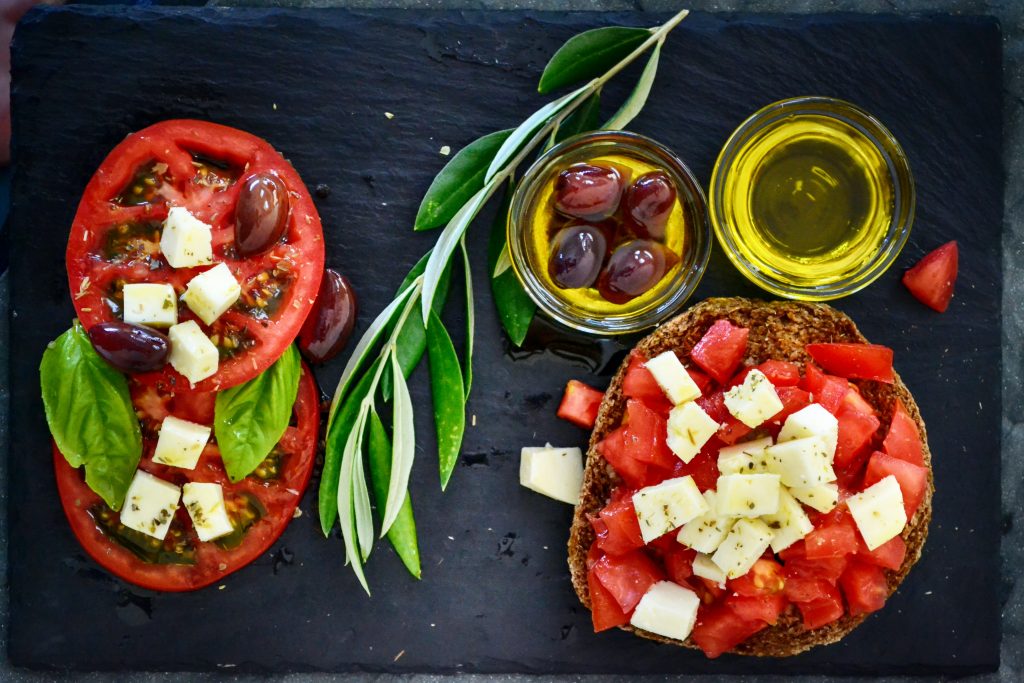
According to U.S. News and World Report Health, the Mediterranean Diet has been named the top overall diet in 2021 for it’s well rounded health benefits. The basic concept behind this eating plan came from the population groups who lived surrounding the Mediterranean Sea and their health statistics. It is not so much a structured diet or restrictive eating plan, rather a guideline to base your general diet around. Many people who follow the Mediterranean diet plan do end up losing weight because the basic premise is around healthy foods for the whole body and all it’s systems. It does not track macros, eliminate entire food groups or require eating in a window of time during the day. The idea is an emphasis on the following foods: fruits, vegetables, whole grains, beans, nuts, legumes, olive oil, flavorful herbs and spices, fish/seafood a couple times a week and poultry, eggs, cheese and yogurt are eaten in moderation. The diet is low in red meats, although it does not eliminate them as an option for special occasions. Red wine is also ok to drink in moderation, as it offers heart benefits.
Overall the Mediterranean Diet can be considered a healthy diet to follow, even for the long-term, as it does not have too many strict rules or eliminations. This diet may not lead to the fastest weight loss, but may help users keep the weight off the longest and live in maintenance with a lot of flexibility. With a large focus on fish and seafood, it does require that those who follow the way of eating do enjoy seafood and/or don’t have an allergy. Otherwise it can be a safe, healthy diet concept to look into for sustainable weight loss and overall health.
The Bottom Line
While there are many diets on the market today, all of them come with a set of pros and cons. There is no “one size fits all approach” when it comes to dieting—many people could find weight loss success on any of these diet plans. The biggest component to weight loss has to do with creating a caloric deficit on most days: fewer calories ingested than calories burned. If you follow this basic approach, you will lose weight. We recommend that you do your research before starting any kind of diet plan, and make sure that the pros outweigh the cons. Always ask your doctor or nutritionist before starting a restrictive diet to make sure you don’t have any underlying conditions that would create a health problem. No matter which diet you choose, we recommend tracking your calories and weighing yourself on your SureFiz smart scale daily so that you can observe your progress and make sure it is truly working for you. Continue to follow our blogs and social media accounts for more advice, diet tips, recipes and workout ideas to help you find the best success in your weight loss journey.







